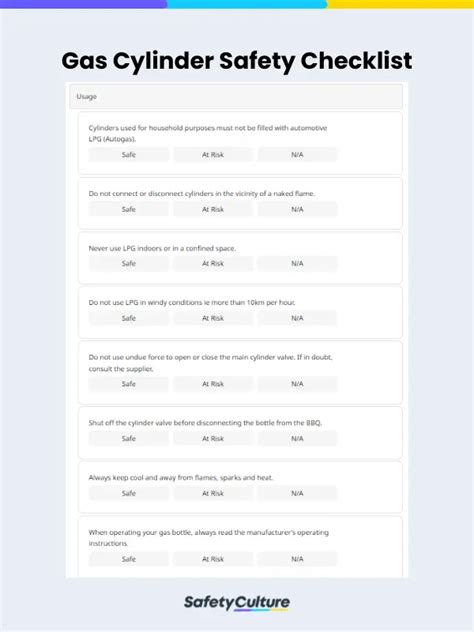The Importance Of Gas Fees In Ethereum Transactions
The importance of gas rates in Ethereum transactions
The increase in cryptocurrencies has revolutionized the way we think about transactions and payments. With the growing popularity of digital currencies such as Bitcoin, Ethereum and others, the demand for faster, cheaper and more reliable payment systems has grown exponentially. However, a crucial aspect that is often overlooked is the role of gas rates in Ethereum transactions.
What are gas rates?
Gas rates, also known as transaction rates or processing rates, are the charges collected by Blockchains to encourage network miners to validate new transactions and add them to the block chain. These rates are generally paid in cryptocurrency units, such as Ethher (ETH) or other alternatives, and are used to cover the costs of verifying transactions, maintaining network safety and updating network infrastructure.
The importance of gas rates

In Ethereum, gas rates play a vital role in determining the general cost of executing transactions. Here’s why:
- Limited block size
: The maximum size of a transaction block is limited to 2 MB, which means that larger transactions require more computational power and energy to validate. As a result, gas rates increase exponentially with each additional byte.
- Increased transaction time : gas rates also affect the processing time of new transactions. As rates increase, it becomes less practical to execute small or infrequent transactions due to its higher cost per unit.
- Reduction of transaction performance : High gas rates can significantly reduce the general transaction yield in Ethereum, which leads to longer blocking times and greater congestion.
The impact of gas rates on Ethereum transactions
In a typical Ethereum transaction, this is what happens:
- Transaction initiation : The sender begins a new transaction.
- Transaction verification : The transaction is verified by nodes in the network, which verifies validity, safety and consistency.
- Block creation : A new block is created containing verified transactions.
- Gas rates collection : Each transaction includes a gas rate that covers the costs of verifying the transaction.
Consequences of excessive gas rates
If gas rates become too high, you can lead to:
- Reduction of transaction performance : As mentioned above, excessive gas rates reduce the general performance in Ethereum.
- Increase in block time : longer blocking times are slower transactions and higher rates.
- Greater transaction costs : higher gas rates increase the cost per transaction unit.
- Reduced adoption : Excessive gas rates can deter users from participating in the network, leading to lower transaction volumes.
Mitigating high gas rates
To relieve these problems, several solutions have been proposed:
- Censorship -proof networks : Designed to reduce congestion and increase transaction performance by limiting the number of transactions that may be included in a block.
- Transaction data optimization : minimize unnecessary data to reduce the size of each transaction and minimize the use of gas.
- Gas reduction strategies : Implementation of techniques such as lots, prioritization or use of third -party solutions (for example, optimism) to reduce gas costs.
Kesimpulan
In conclusion, gas rates play a fundamental role in determining the cost and viability of Ethereum transactions. As the network continues to grow and demand increases, understanding the importance of gas rates is essential to make informed decisions about transactions, optimization and adoption strategies. When addressing high gas rates through innovative solutions and optimized practices, we can ensure that cryptocurrencies remain accessible, reliable and efficient for users around the world.
Recommendations
1.
